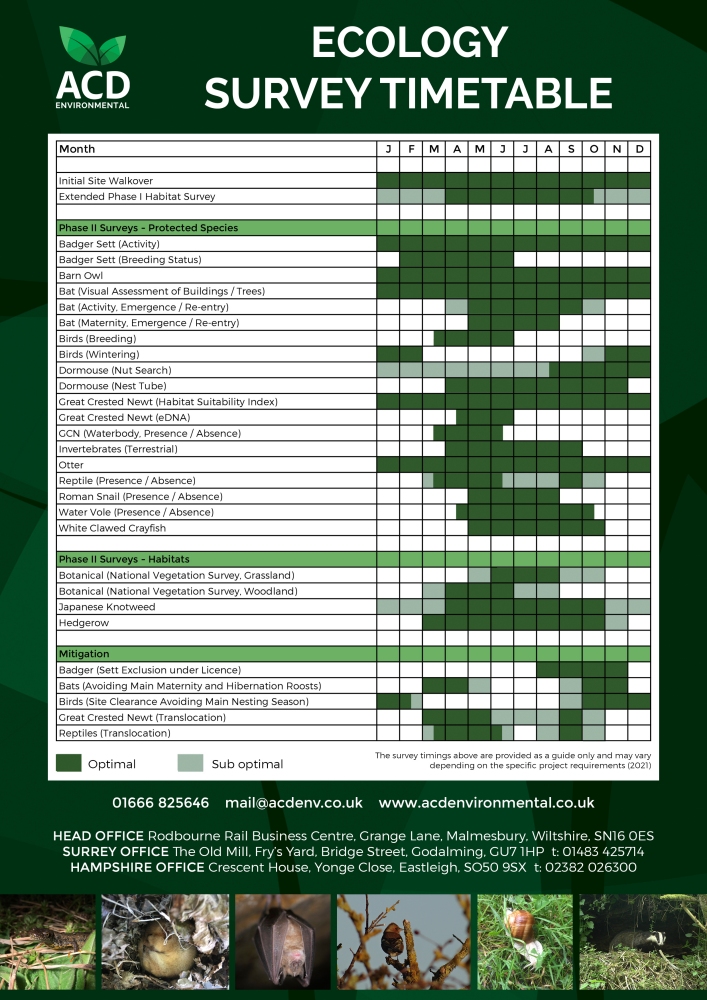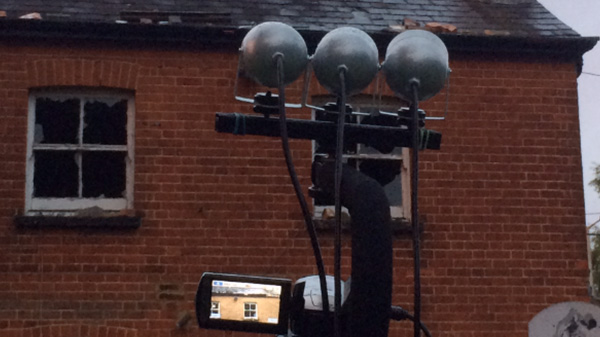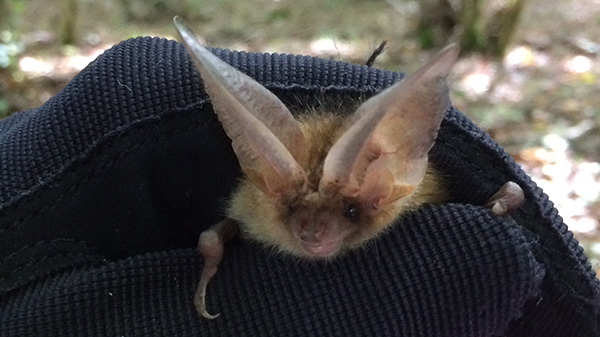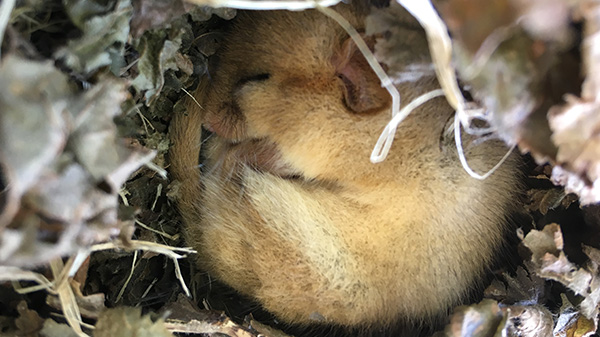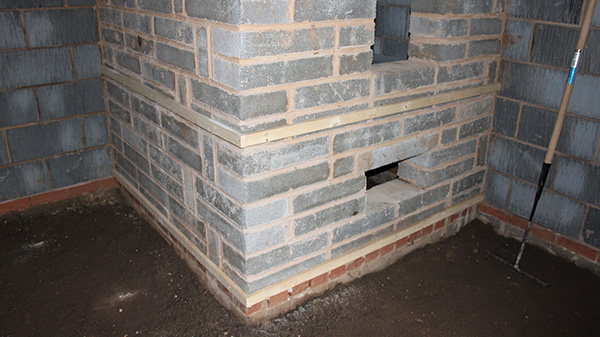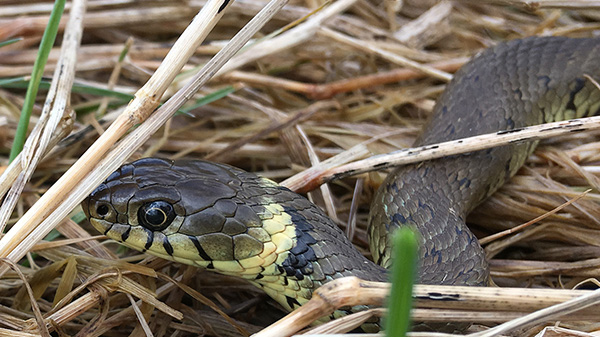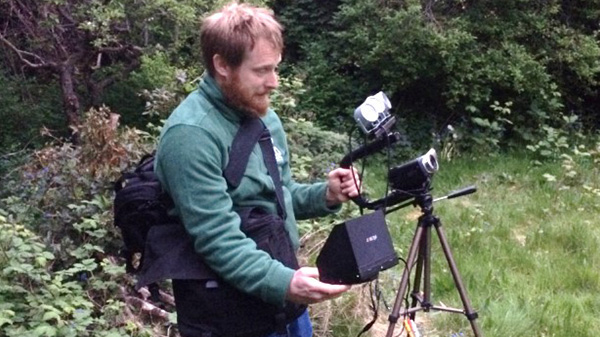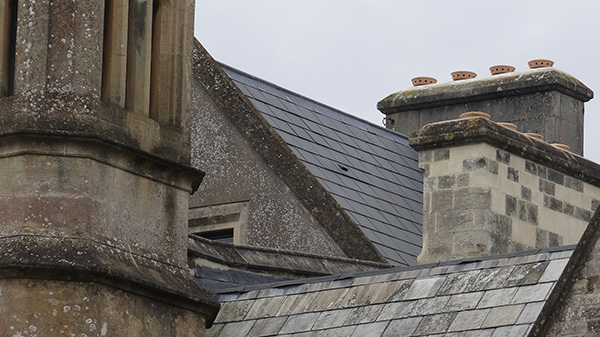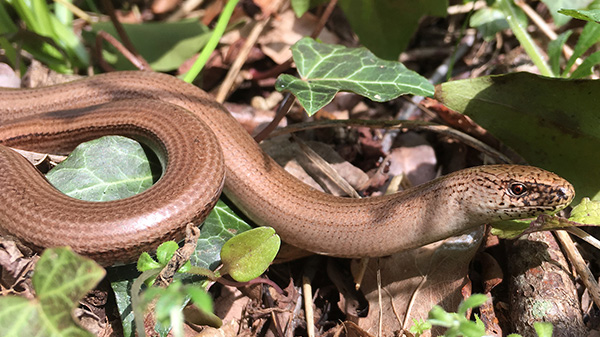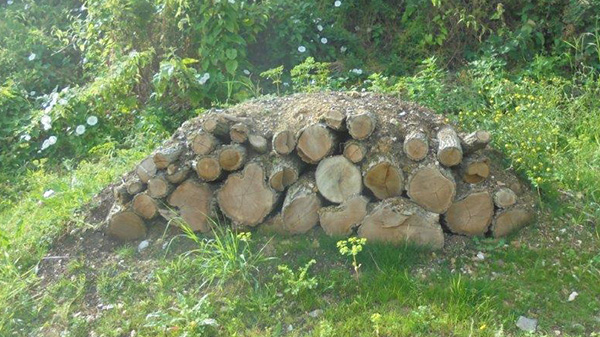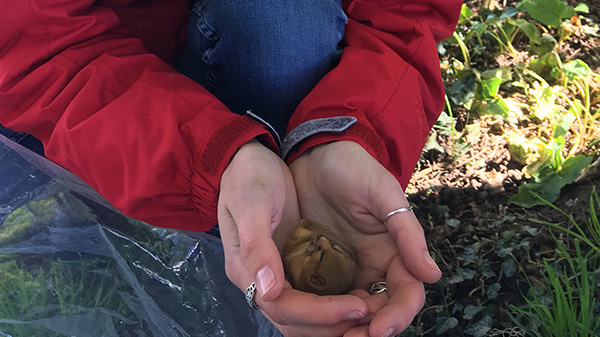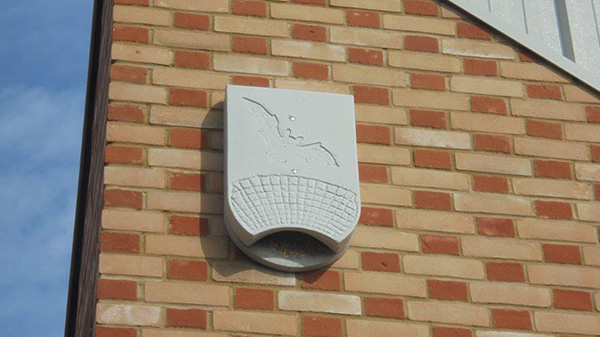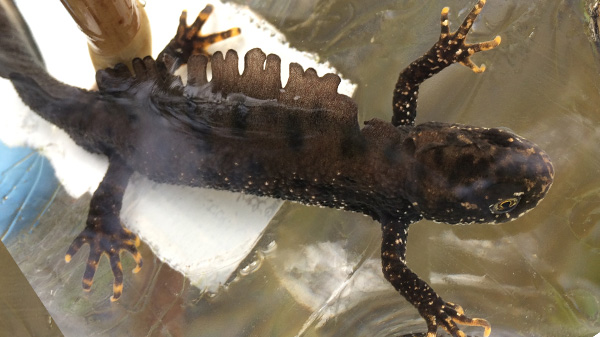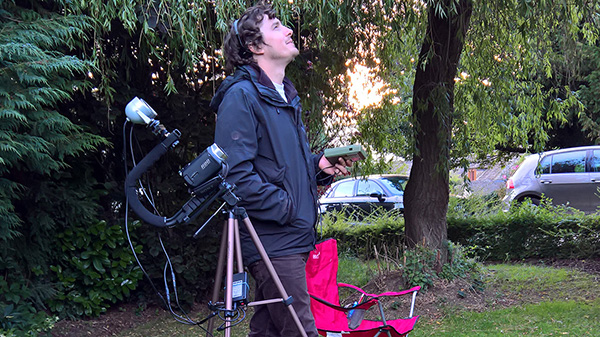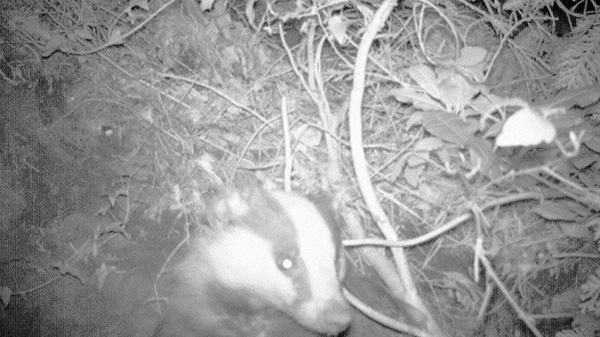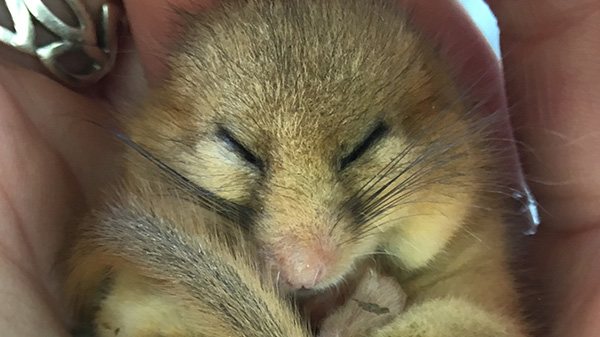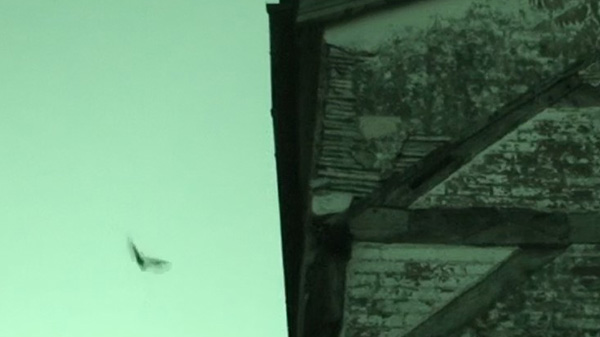Ecology
ACD provides a full suite of ecological services to support its clients through the planning and development process. The preliminary ecological input typically comprises an extended Phase 1 habitat survey of the proposed development site alongside a desk study. This ecological assessment work allows us to inform our clients of any (actual and / or potential) legal and / or planning policy constraints in relation to ecology and their proposed development(s).
Ecology
Ecological constraints such as the presence of protected/notable species, for example; roosting bats, great crested newt, dormouse, reptiles and badgers, are material considerations in the planning process and may require further survey work and/or mitigation.
Other constraints which would be identified comprise the presence of invasive species, specifically invasive weed species listed on Schedule 9 of the Wildlife and Countryside Act (1981) such as Japanese Knotweed and Giant Hogweed.
Section 14(2) of this Act states that it is an offence to ‘plant or otherwise cause to grow’ in the wild any species listed on Schedule 9. This could include spreading parts of the plant around a development site during site clearance or whilst undertaking construction works.
In addition, Japanese Knotweed is regarded as controlled waste and has to be disposed of at licensed sites or by burning on site. Establishing the presence of such species enables us to inform our clients of any likely mitigation requirements.
ACD’s primary piece of advice to its clients is therefore to commence the ecological assessment work at the earliest opportunity, preferably at the pre-application stage.
ACD have a team of experienced ecologists who specialise in protected species and habitat surveys. We are experienced at producing management plans for sites that vary in complexity and size. Our ecologists have particular specialisms in badgers, bats, invertebrates, dormouse, barn owls, otters and water voles. Our Principal Ecologist Nicholas Jones, is one of a small number of ecologists who is a Registered Consultant under the Bat Low Impact Class Licence and our Ecology Director Daniel Wood is a Registered Consultant under the badger class licence.
A number of our ecologists are experienced botanists who conduct National Vegetation Classification surveys of various habitat types, including woodland and grassland. We regularly prepare detailed habitat creation and long term management plans and are adept at using biodiversity impact calculators to demonstrate a biodiversity net gain.
Our ecologists hold Natural England class licences for bats, dormouse, great crested newt, barn owls and are members of the CIEEM.
Ecology Survey Season
In light of the complexity of the various ecological survey seasons, ACD would welcome the opportunity to discuss with its clients the programming of any ecological assessment work for the current season.
Please contact Daniel Wood on 01666 825646 to discuss your requirements.
